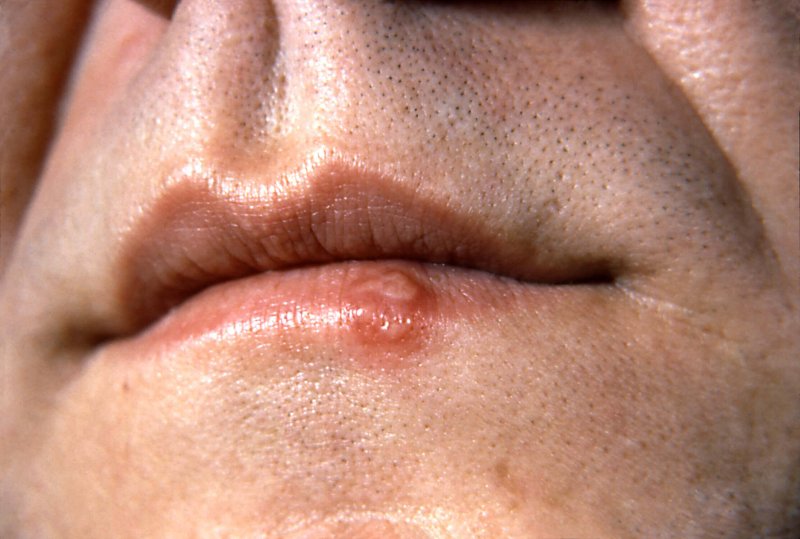Infectious disease researchers at Fred Hutchinson Cancer Research Center have used a gene editing approach to remove latent herpes simplex virus 1, or HSV-1, also known as oral herpes. In animal models, the findings show at least a 90 percent decrease in the latent virus, enough researchers expect that it will keep the infection from coming back.
The study, published August 18 in Nature Communications, used two sets of genetic scissors to damage the virus‘s DNA, fine-tuned the delivery vehicle to the infected cells, and targeted the nerve pathways that connect the neck with the face and reach the tissue where the virus lies dormant in individuals with the infection.
“This is the first time that scientists have been able to go in and actually eliminate most of the herpes in a body,” said senior author Dr. Keith Jerome.
Most research on herpes has focused on suppressing the recurrence of painful symptoms, and Jerome said that his team is taking a completely different approach by focusing on how to cure the disease.
“The big jump here is from doing this in test tubes to doing this in an animal,” said Jerome, who also leads the Virology Division at UW Medicine. “I hope this study changes the dialog around herpes research and opens up the idea that we can start thinking about cure, rather than just control of the virus.”































